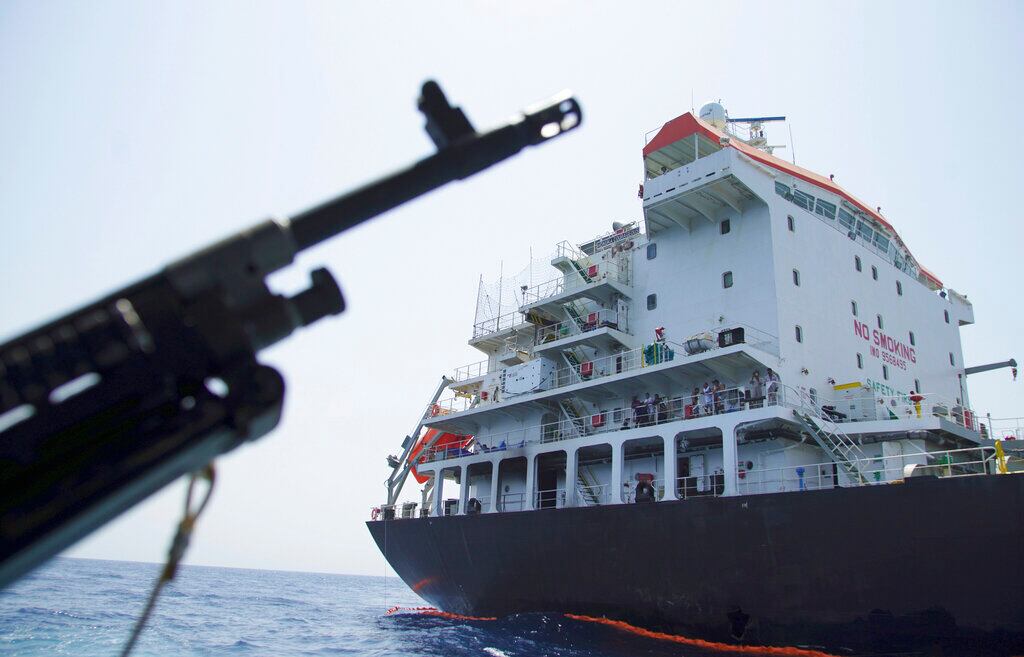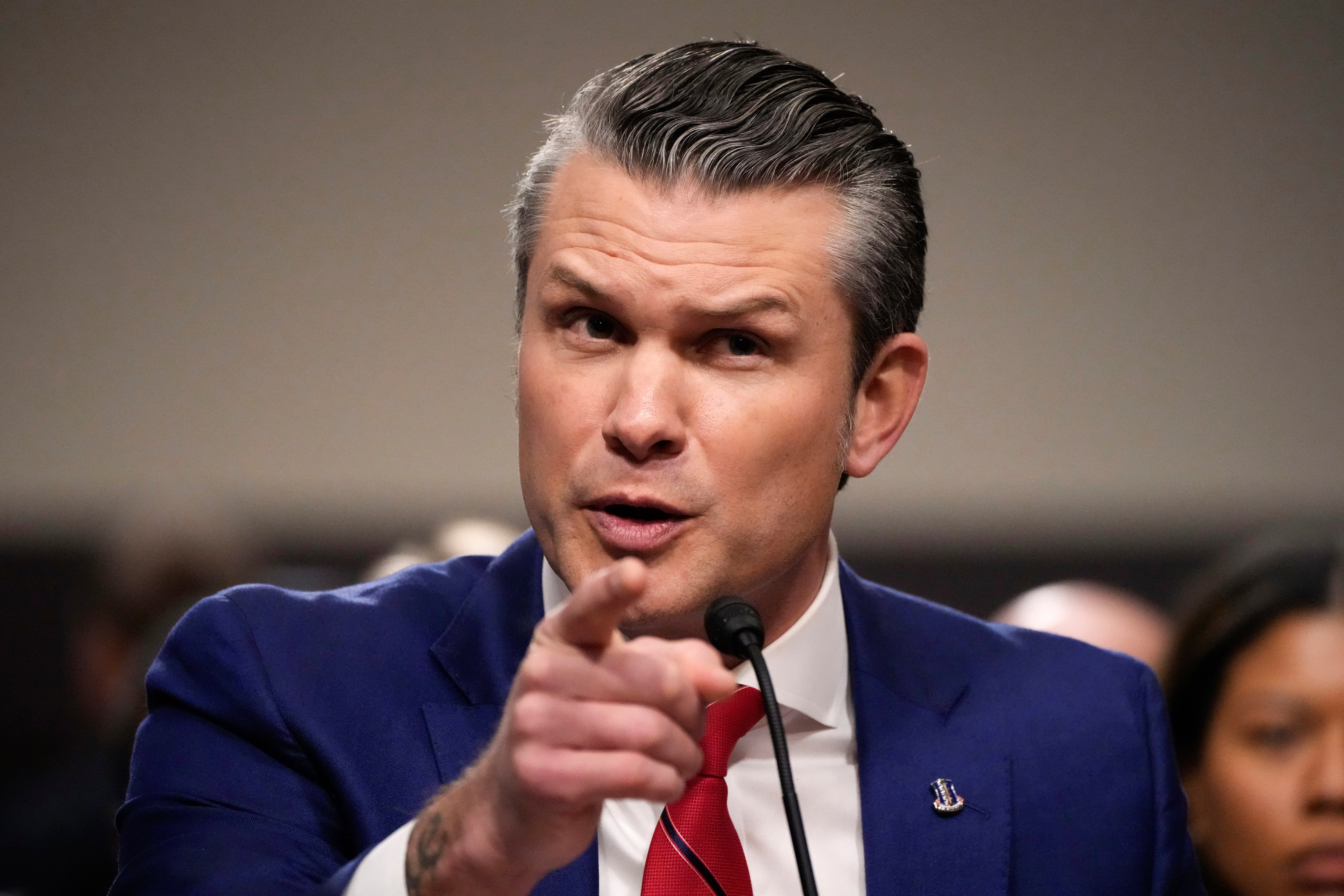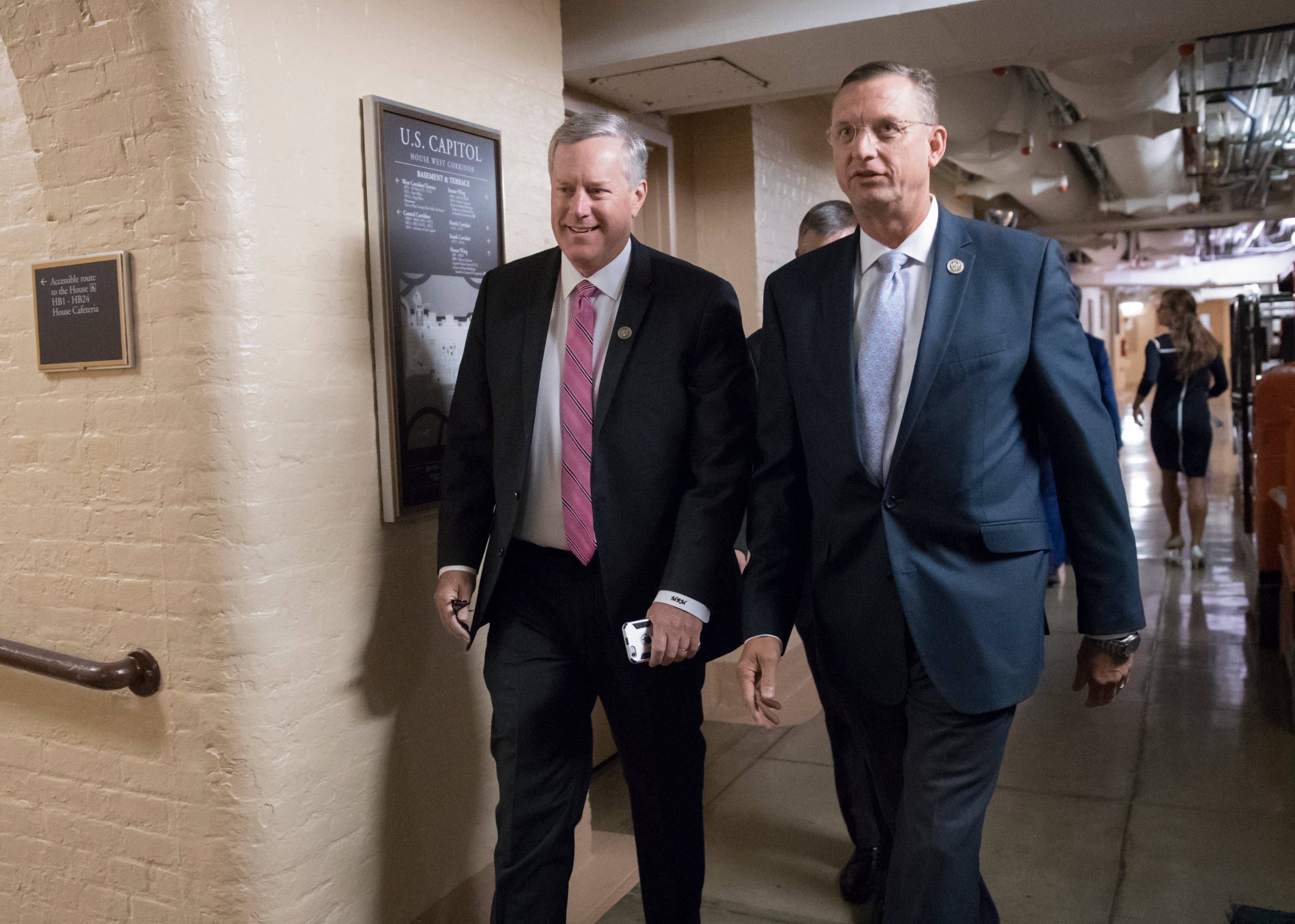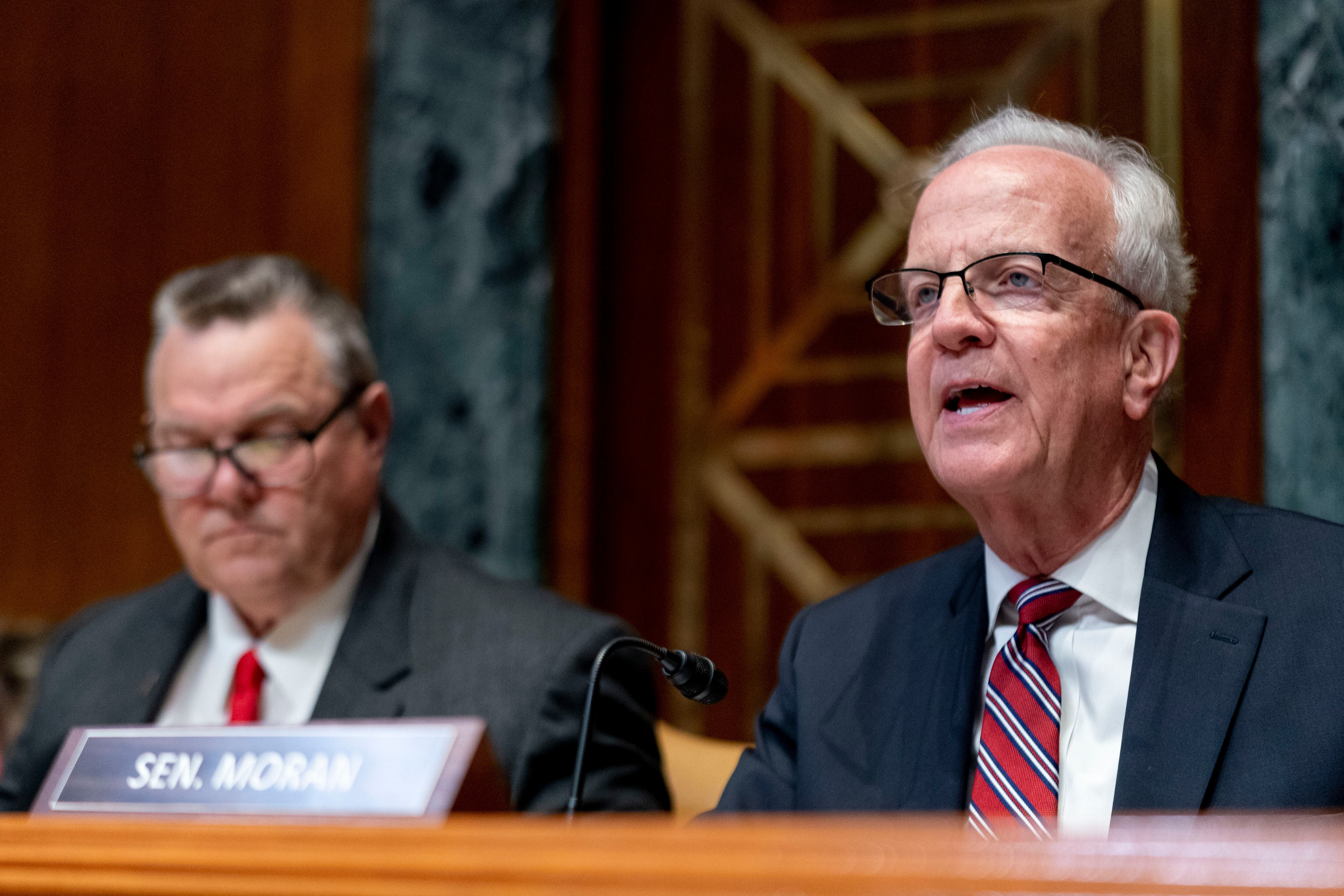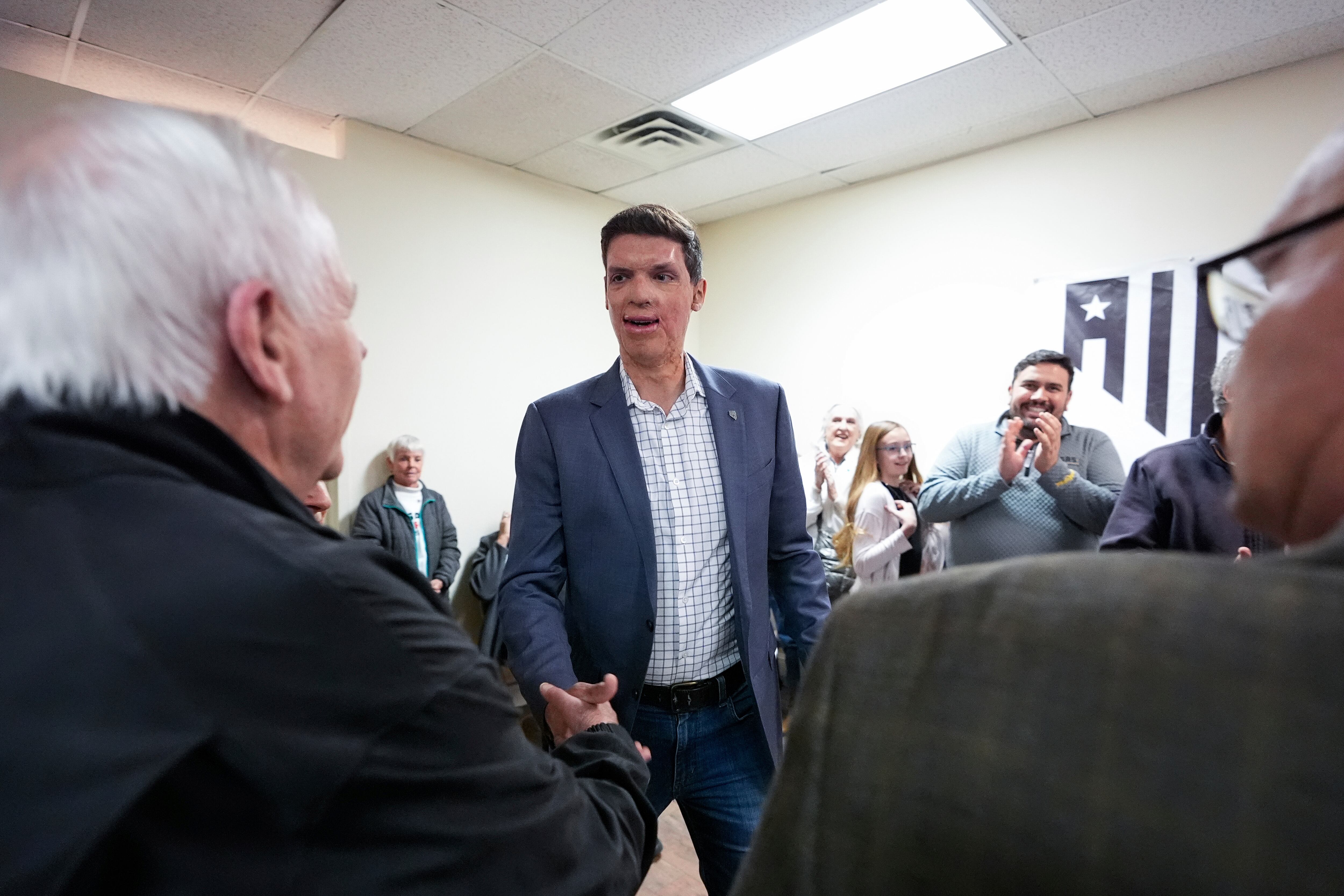Iran’s Revolutionary Guard Corps shot down a sophisticated U.S. surveillance drone with a surface-to-air missile on June 20th. The U.S. and Iran disagree about whether the drone was in Iranian or international airspace.
The next day, President Trump warned that American forces were “cocked and loaded” to strike three targets in Iran but that he had called off the strikes ten minutes before they were launched.
The incident came after two oil tankers were attacked on June 13 off the coast of Oman, forcing the crew members of one burning ship to flee.
It was the latest in a series of assaults on tankers transporting oil through the Gulf. In May, Saudi, Norwegian and Emirati oil tankers were attacked off the coast of the United Arab Emirates, causing damage but no casualties. The attacks have gone unclaimed, so the perpetrator is unknown – at least publicly.
U.S. ally Saudi Arabia, Iran’s regional rival, blamed the Iranian government and called the May attacks “naked aggression.” Saudi King Salman asked the international community to “use all means” to punish Iran.
U.S. national security adviser John Bolton, who has called for bombing Iran to cripple its nuclear program, has maintained that Iran is “almost certainly” responsible for the attacks. In May Bolton announced the deployment to the Persian Gulf of a carrier strike group and a nuclear-capable bomber task force, America’s most formidable military assets.
The purpose: “to send a clear and unmistakable message” to Iran.
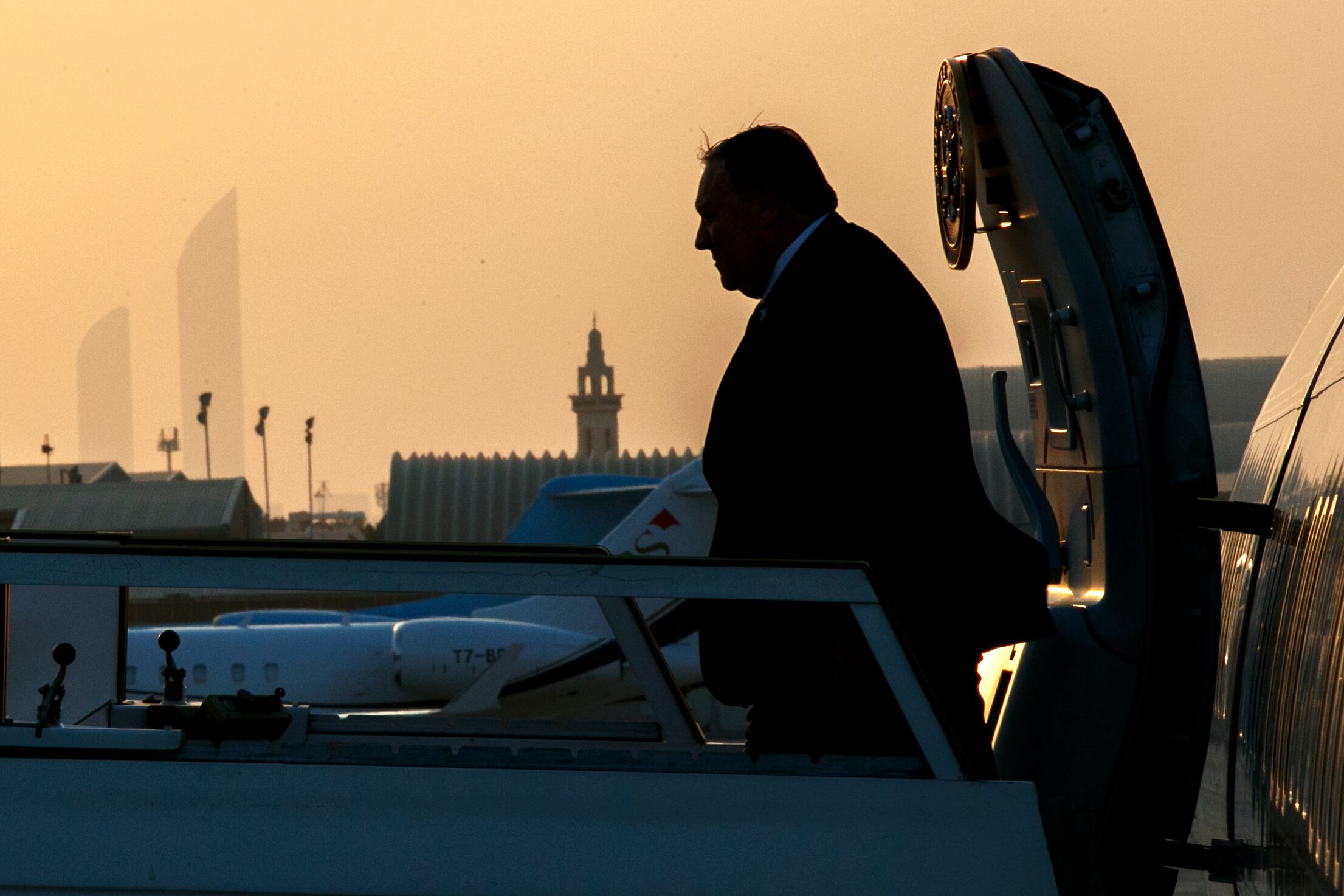
What does the U.S. want?
But the White House is squabbling over its objectives, which are far from clear. Trump administration officials do not seem to agree whether the U.S. wants behavior change or regime change. Should the U.S. use diplomacy or force? Are frustrated Iranians or frustrated Americans the target of this military deployment?
President Trump told U.K. television host Piers Morgan that military options are on the table but, “I’d much rather talk.”
According to Washington Post columnist David Ignatius, President Trump “wants to sound tough (popular) so long as it doesn’t get him into a war (unpopular).” President Trump “doesn’t want to go to war with Iran,” retired U.S. Army Gen. David Petraeus told ABC News.
As a scholar who has studied the onset of a number of wars, I believe these commentators underestimate the influence of shrewd warmongers like Bolton. They also fail to credit how quickly a trivial confrontation between industrialized forces can change a leader’s calculus and drag the great powers and their allies into war.
The showdown in the Persian Gulf is not like the U.S. and the Soviet Union incrementally adjusting the balance of power, as they did during the Cold War.
Mixed signals, bad timing and this kind of uncalibrated brinksmanship is how World War I began and spiraled out of control. It has brought the U.S. closer to the next Middle East war.

Up to the edge
Iran brokered a deal with the U.S., the EU, Russia, China and Germany in 2015 to curtail its nuclear program in exchange for sanctions relief.
The current standoff began in May 2018 when President Trump reneged on the deal and later implemented a new “maximum pressure” campaign against Iran, which included economic sanctions punishing countries purchasing Iranian oil.
The U.K., France, China, Russia and Germany pledged to abide by the terms of the deal. Nevertheless, U.S. sanctions against Iranian industry at a time when Iran was complying with the deal are collapsing the Iranian economy.
The White House claims its “maximum pressure” policy is working – that Iran is cutting aid to malevolent allies and proxies in the region, including Syrian President Bashar al-Assad, Hezbollah and Hamas.
U.S. Secretary of State Mike Pompeo maintains, without evidence or a tangible timeline, that grueling economic conditions created by the U.S. will turn frustrated Iranians against their leaders, provoking regime change.
That idea seems to me to be magical thinking. U.S. belligerence, especially when it has been rejected by the broader international community – as it is now by parties to the 2015 nuclear deal – is more likely to turn Iranians against the U.S., polarize U.S. allies and strengthen Iran’s hardliners.
Cosmopolitan Iranian youth, for example, who are the best hope for peace with the U.S., are the most likely group to turn against their government – but not if the Trump administration strangles their economy and threatens to invade their country.

Limited choices
In the meantime, Iran’s economic troubles are narrowing its options.
According to the International Atomic Energy Agency, Iran has accelerated uranium enrichment and intends to quadruple production, in violation of the nuclear deal. Attacks on U.S. forces or allies, including Israel, are becoming increasingly appealing to Iranian leaders to give Iran some leverage against the U.S.
The prospect of economic collapse under draconian sanctions by the U.S. also provokes Iran’s leaders to instigate a confrontation sooner rather than later, while its military and proxies are strong. Iranian President Hassan Rouhani has given Germany, the U.K., France, China and Russia 60 days to honor their promise to buttress Iranian energy and banking sectors before taking additional steps to withdraw from the nuclear deal.
Iran’s economic and military weakness also encourages its leadership to cooperate more closely with America’s foreign adversaries, including Russia, despite Iran’s aversion to ceding precious influence in the region.
If the Iran-Russia relationship tightens, it will result in even greater tension with the U.S. Increased Iranian-Russian cooperation is also an invitation to U.S. leaders to strike before U.S. troops find themselves facing an emboldened Iranian military reinforced with Russian equipment and know-how.
With each day of U.S. sanctions, Iran’s leaders become increasingly desperate, with diminished leverage should the two countries face off on the battlefield or at the negotiating table.
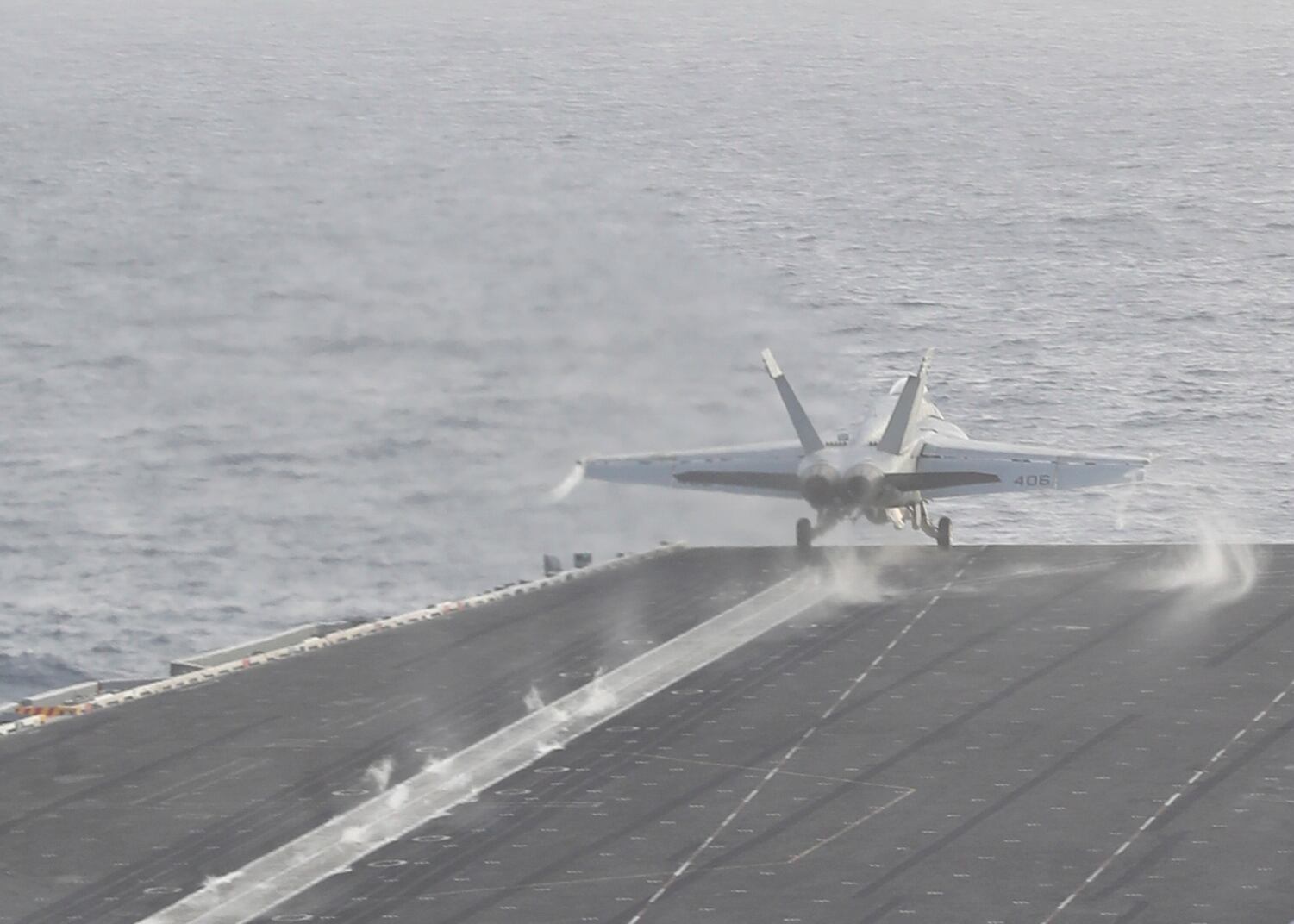
Defusing the tension
With tensions rising, the U.S. has sent an additional 1,500 troops to the Middle East. President Trump plans to send 1,000 more. Iran’s 60-day ultimatum to parties to the nuclear deal expires in early July.
According to Supreme Leader Ayatollah Khamenei, “Negotiation has no benefit and carries harm.”
Iran experts Colin Kahl and Jon Wolfsthal warn, “Bolton’s preferences, not Trump’s, are winning out.”
There is still time for President Trump to extract the U.S. from this dangerous standoff that he allowed to escalate.
Some hope lies in Japanese Prime Minister Shinzo Abe.
Japan, which is not party to the 2015 nuclear deal, is a major purchaser of Iranian oil and Abe is perceived to be a neutral broker.
Abe visited Iran last week – the first Japanese leader to do so in four decades – and met with Supreme Leader Ayatollah Khamenei and Rouhani to discuss the standoff. But it is unclear what Abe accomplished.
A potential solution lies in intense, nuanced diplomacy where the U.S., building on the 2015 nuclear deal, trades sanction relief for slightly tougher limits on Iran’s nuclear program.
This includes renegotiating the restrictions on Iran’s centrifuges, mandatory international inspections, and its accumulation of nuclear material. A slightly modified nuclear deal like Trump’s slightly modified trade agreement with Canada and Mexico, can be recast as victory by all.
Trump emerges as peacemaker and potential contender for the Nobel Prize. Iran’s leaders can then right their economy.
Trump’s winning outcome, however, is not the outcome Bolton has long advocated.
For decades, Bolton has publicly agitated for preventive strikes against Iraq, North Korea and Iran. Only grudgingly, perhaps for fear of losing his job, has Bolton acquiesced to a policy of behavior change over regime change.
This is the price Bolton pays to remain the president’s national security adviser — filterer of Trump’s intelligence reports, first one in and last one out of the room whenever the president is discussing matters of war and peace.
If Abe fails, the current Iran crisis may yet become the culmination of Bolton’s lifelong ambition. When new explosions rock the Persian Gulf, U.S. troops are injured or killed by Iranian proxies in Iraq, or Iranian-made drones pepper the Saudi skies, will President Trump resist the urge to escalate?
Noah Weisbord is an Associate Professor at Queen’s Law. His research focuses on the role of the criminal law in managing, reflecting or exacerbating intergroup conflict. He’s a leading expert on the crime of aggression — individual criminal responsibility for aggressive war — and he assisted diplomatic delegations to define the crime. This is an updated version of an article originally published on June 13, 2019 and the views are his own. They do not necessarily reflect those of Navy Times or its staffers.
